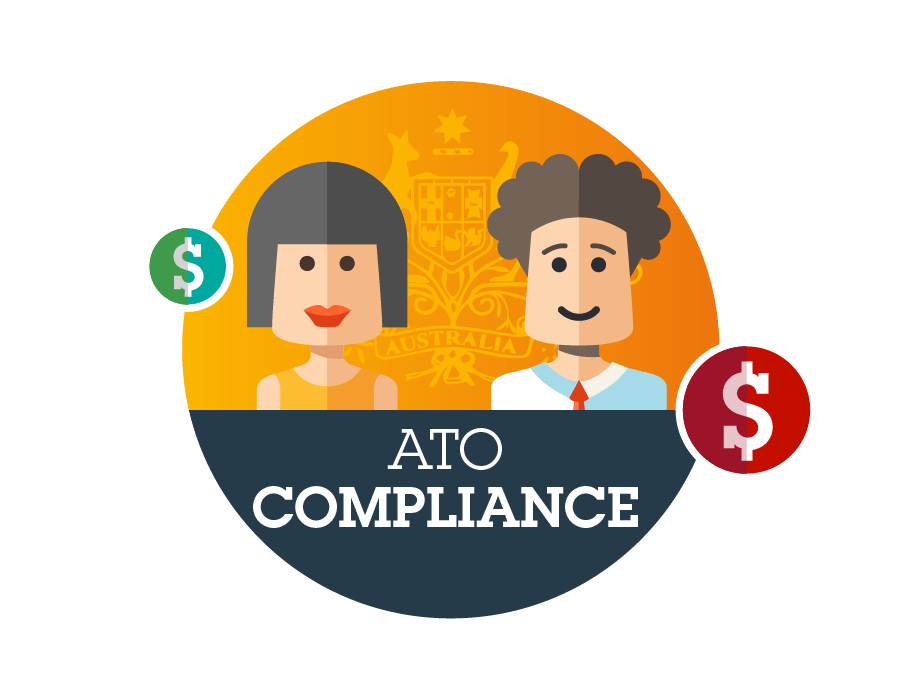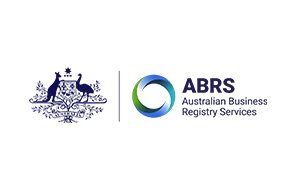Single Touch Payroll

What is Single Touch Payroll (STP)?
In simple terms, ATO would like to know your employees' wages, PAYG and super guarantee which you process on a pay day. It starts from 1 July 2018 for employers with 20 or more employees. STP will be extended to include employers with 19 or less employees from 1 July 2019. This is subject to legislation being passed in parliament.
Why does the Government promote STP?
- Recent estimate shows that there is a shortfall in super guarantee payments of around $2.5 billion per year.
- Apart from this, there are large number of employers who default on paying their PAYG withholding liability on time, and many go on a never ending payment plan spiral.
- ATO currently has only a limited visibility on whether employers are meeting their super guarantee obligations.
- With STP in operation, ATO would get live information on what wages you have paid, PAYG, and super you are required to pay as an employer. Matching this with superannuation clearing house data and IAS / BAS lodgments, ATO expects to manage this area of debt collection more effectively.
| Tip!
ATO has recently released an amnesty for employers who may not have paid their correct super obligations in the past. Click here to know more about it. If errors have happened in the past, it is strongly recommended that you make use of this amnesty and come clean. |

"Advantages" with STP as reported by the ATO.
- Your wages information will be pre-filled automatically into your electronic BAS form.
- You will not be required to provide payment summaries (group certificates) to your employees or lodge them with the ATO.
- Employees will have real data on how much they have earned through MyGov account, and how much super should have been paid for them.
- Data will be shared through other Government agencies (OSR, Centerlink, etc.) to identify those who may be cheating the system.
Issues employers need to be aware of?
- You would need to invest in an accounting software which provides STP facility.
- If you accidentally enter wrong payslips, they will also be reported to the ATO upon submission.
- Your accountants will now have to reconcile what your bank says (in terms of wages paid) and what ATO says (in terms of what wages, PAYG, and super you should have paid) to not only correct your accounting records, but also your records with the ATO.
So what do you and your accountants need to do now?
Step 1. Count your employees.
Since STP in currently applicable only to employers with more than 20 employees from 1 July 2018, you need to know whether you are in or out!
How to count your employees?
- Critical test date is 1 April 2018. Count the number of employees who were active on your payroll system (per head basis, regardless of whether they work full time, part time or on a casual basis).
- If your count is 20 or more, then you will be known as a "substantial employer". You are thus 'in', however at this stage you are not required to report your count to ATO.
- Once an employer becomes a substantial employer, it must continue to report using STP even it has fewer than 20 employees, unless the Commissioner grants an exemption. This is to say, once you are 'in', you are 'in for good'.
| Tip! For the purpose of headcount, a wholly owned group is counted as a single employer. Hence if there are two or more businesses owned by the same owners, they would be counted as one. |
Checklist- counting employees on 1 April
| Worker's Status | Include in headcount? |
| Full time employees | Yes |
| Part time employees | Yes |
| Casual employees who are on the payroll on 1 April and worked any time during March | Yes |
| Casual employees who did not work in March | No |
| Any employees who ceased work before 1 April | No |
| An employee who is absent or on leave (whether paid or unpaid), including maternity leave | Yes |
| Staff provided by a third party labour hire organization | No |
| Contractors that are common law employees | Yes |
| Independent contractors that are not common law employees | No |
| Employees based overseas | Yes |
| Seasonal employees (i.e employees engaged short term to meet a regular peak workload, such as fruit pickers) | Yes |
Step 2 - If you are 'in', arrange an STP approved accounting software.
| Xero | As per Xero's blog posted on early May, STP will be ready by 31 December 2018. Clients who are currently on Xero will need to apply for a deferral with tax office "Single Touch payroll-employer deferral request (NAT 74985)".
ATO reference number for Xero -
49 410 109 |
| MYOB Essentials | Ready for STP. You can choose to start on
1
July 2018 or choose to extend the start date by using ATO reference number - 44 155 840 |
| MYOB Account Right (Cloud MYOB) | Ready for STP. You will need to be on the latest version. You can choose to start on 1 July 2018 or choose to extend the start date by using ATO reference number - 44 155 840 |
| MYOB Account Right V19 | Will not be compliant. Users need to move on to the cloud version |
| Other providers | Please contact them for updates |
What's next?
While MYOB seems to have taken a leap into STP, looks like most other software providers do not have the gateway set up to be compliant with STP. ATO has advised that if your software is not compliant, you will need to apply for a deferral with the ATO's "Single Touch payroll-employer deferral request (NAT 74985)". We will be contacting our clients who we believe might be required to do so.
Feel free to click here for a short power point from ATO on STP. If you need assistance please contact our office to provide you details on the process of your payroll form 1 July 2018.

Join MGAA's Community






